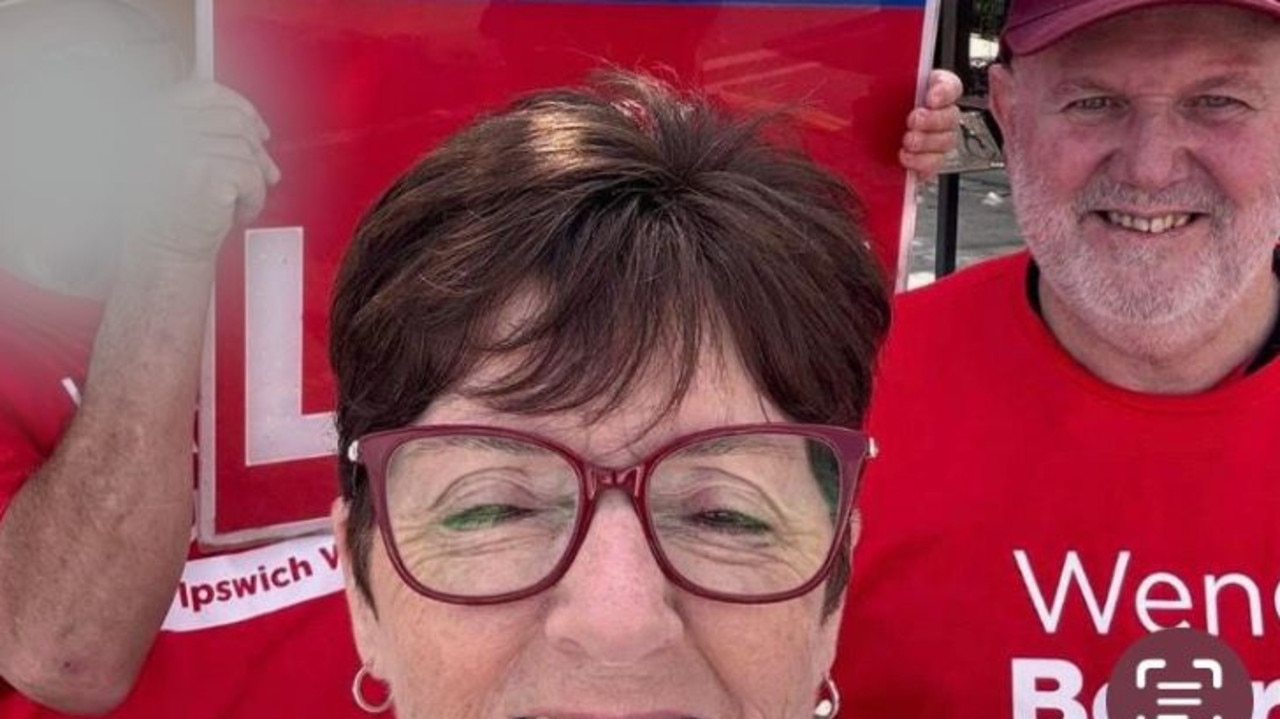Federal election 2025: The human face of Australians hit by US President Donald Trump’s tariffs
Australians are facing a widespread hit from Trump’s tariffs, including farmers, winemakers and manufacturers. SEE THEIR STORIES
Federal Election
Don't miss out on the headlines from Federal Election. Followed categories will be added to My News.
Rodney Fitzpatrick, whose family-owned company exports to more than 100 countries, has some advice for the Prime Minister – stand up to the “bully” Donald Trump.
Crushed with a 40 per cent business slump in the “last big global financial crunch” Mr Fitzpatrick wants his wire rope lubricator manufacturing business, based in western Sydney, to keep exporting to mining, gas, oil and shipping industries.
But the Viper WRL owner and managing director is worried about “a circular firing squad” in response to the US President’s “Liberation Day” tariffs, which the White House has decided impose with “no exemptions this time”.
As the issue dominated the federal election campaign, Prime Minister Anthony Albanese started his day in the ultra-marginal Liberal seat of Deakin, in Melbourne, meeting toddlers and childcare educators at a childcare centre where he declared the local MP Michael Sukkar was “arrogant”.
The PM’s travelling party then headed to Tasmania — in what marks six states in six days — to announce funding for a health hub in the seat of Braddon where he high-fived another toddler.
Opposition Leader Peter Dutton campaigned in the outer Melbourne suburbs on Wednesday morning where he pushed the Coalition’s 25c a litre 12-month fuel cut, and announced $6.2 million to upgrade a Headspace centre.
He then travelled to Perth where the Coalition are looking to pick up multiple seats, including the Labor-held Tangney, newly created seat of Bullwinkel and former blue ribbon Liberal seat turned Teal, Curtin.
With Australia hit with tariffs of 10 per cent, lower than the 20 per cent first tipped, Viper WRL boss Mr Fitzpatrick’s advice to the Albanese government was to disengage, arguing that retaliating with reciprocal tariffs would only hurt Australian business.
“When you’ve got a bully, if you don’t engage with the bully there’s nothing they can do,” he said.
“America has been the beneficiary of open trade and no tariffs for all these years, this is just a circular firing squad … I can’t see how it benefits anyone.”
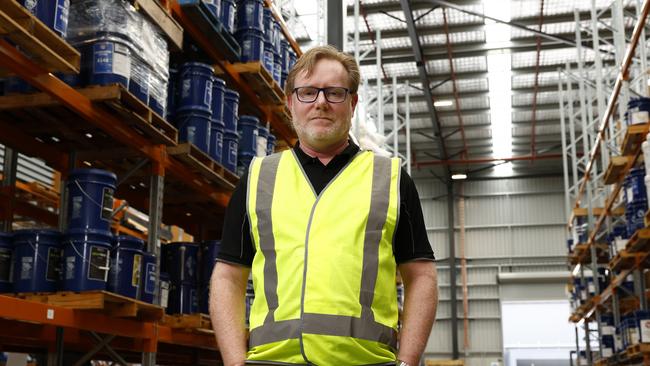
Viper WRL general manager Lee Gabbett said the imposition of US tariffs could conceivably affect the company’s expansion plans, which originally involved an extension of their US business.
“People like to have certainty in the marketplace … we’re looking at what’s happening in the market that could impact us as an Australian exporter,” he said.
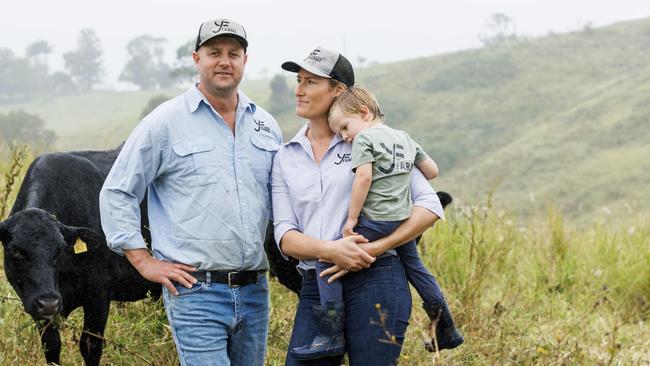
South East Queensland cattle farmers Jamie and Gabriel Yates said the proposed tariffs could impact all primary producers in Australia, regardless of whether they export.
“The US is such a big market for us, if they saw a pull back on their import of our products there would be a glut of product in Australia which would likely drive prices down,” Mr Yates said.
The Yajambee Farms co-directors said if supermarkets dropped the price of beef, thousands of farmers would be competing for the lowest price, and small businesses would cop the most stress.
“Supermarkets have that power of charging a lot less for the beef because they have that supply, whereas small-scale farmers like us, we can’t compete with that,” Mrs Yates said.
Mr Yates said: “It’ll impact the whole industry, it doesn’t matter whether you’re a farmer or you run the local cattle sale yards. It will squeeze people out of the industry, that’s for sure.”
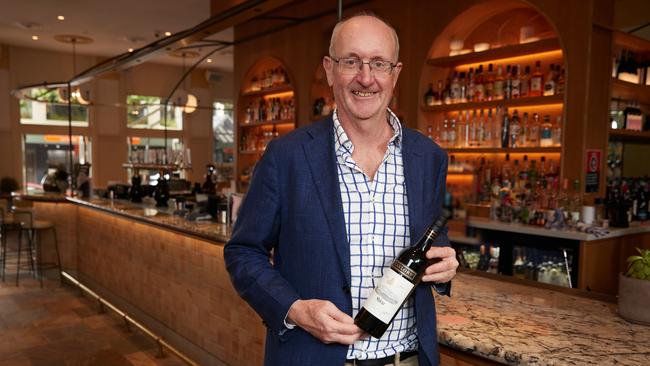
“The overall uncertainty of tariffs is of great concern,” says Mitchell Taylor, of Taylors Wine.
The award-winning South Australian winemaker said the US was the third-largest importer of Australian wine, making any potential tariffs extremely detrimental for the industry.
“It is a big concern, not only for ourselves at Taylors, but for everyone else in the Australian wine industry,” Mr Taylor said.
Just a year after China’s punitive tariffs on Australian wine, Mr Taylor said the industry “could not afford” another shock from a major importer.
“We learned that we have to maintain our investments in the region long-term to keep the brand alive,” he said.
“We also learned how to diversify our markets, such as entering Hong Kong, Malaysia and South Korea.”
Similar steps are already being taken this time round, with Mr Taylor pointing to a silver lining in the current tariff tit for tat.
“We’ve seen Canada begin to take US wine off from its shelves where it currently dominates 80 per cent of the Canadian market,” Mr Taylor said.
“This gives Australian wine a great opportunity within the crossfire trade wars.”
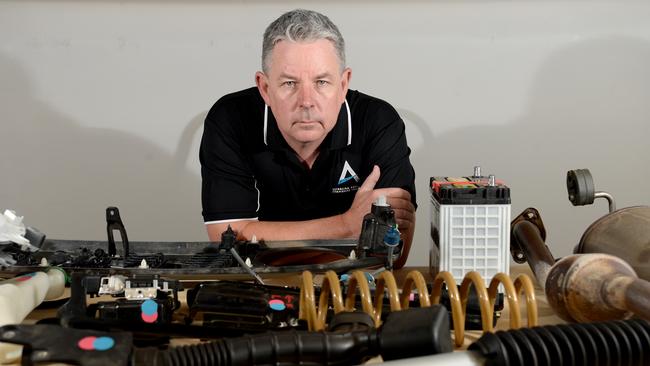
Australian automotive parts manufacturers are “alarmed and deeply concerned” at a 25 per cent tariff being imposed by the United States.
Victorian-based Australian Automotive Aftermarket Association chief executive officer Stuart Charity said manufacturers had worked extremely hard to build strong partnerships in the US.
His members make products including engines, transmissions, drive train parts and electrical components.
“Australia and the United States automotive aftermarket sector have long shared a positive and mutually beneficial relationship that has encouraged both markets to grow and innovate to create the best products on the market,” Mr Charity said.
Southeast Asia and the Middle East were emerging markets, he said, but the United States remains a significant export partner, with a consistently high demand for Australian-made 4WD components and accessories.
“While there is a heightened level of concern amongst the industry, our industry has never and will never throw in the towel.”
More Coverage
Originally published as Federal election 2025: The human face of Australians hit by US President Donald Trump’s tariffs




